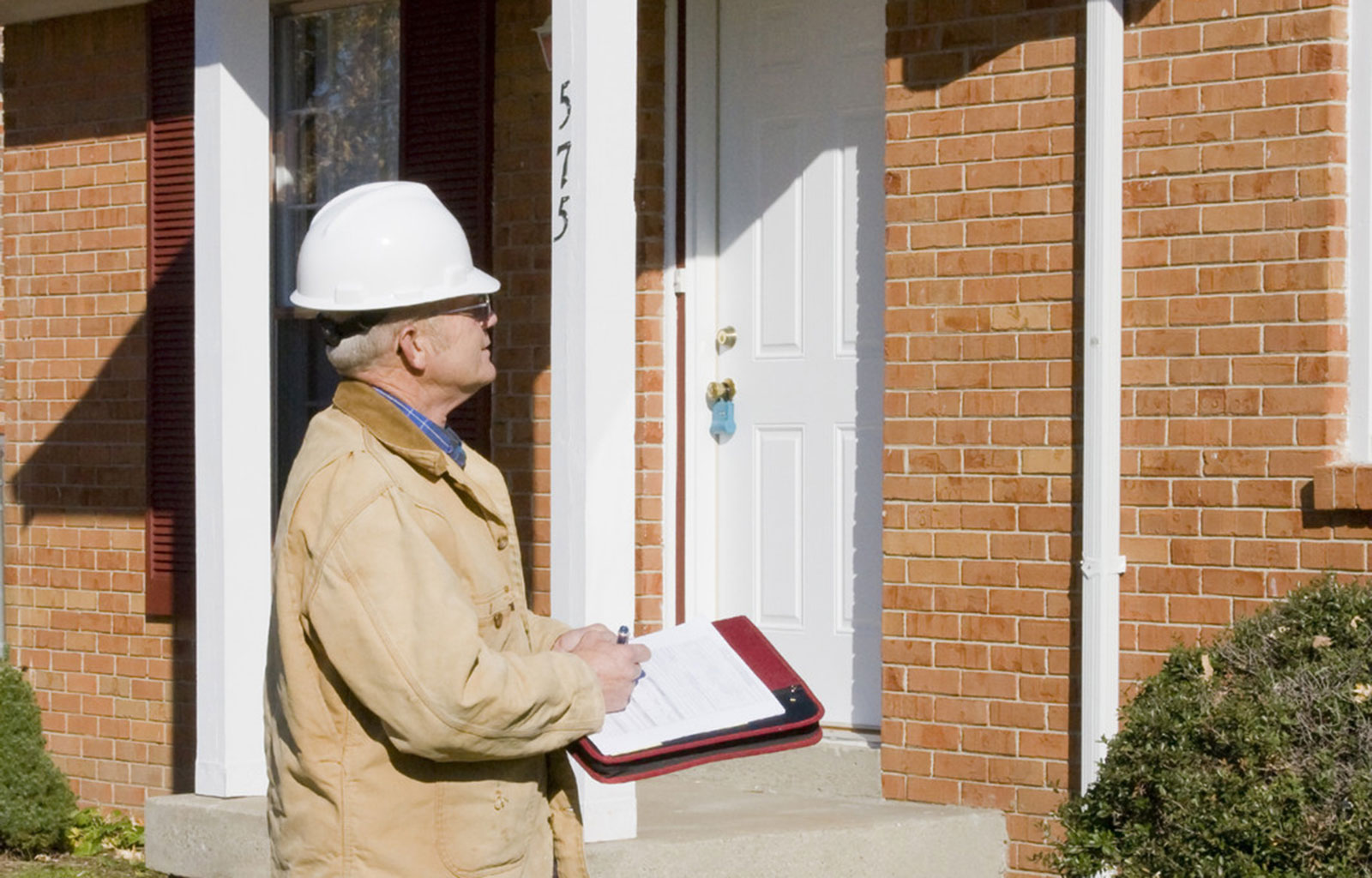What Does a Home Inspector Do?
A home inspector is a professional who visually examines the condition of a home to identify material defects and safety hazards. When you buy or sell a home in Fort Worth, having a home inspection is strongly recommended to help all parties understand the condition of the property.
Some key responsibilities of home inspectors include:
Inspecting Major Home Systems and Components
Home inspectors check major systems like the roof, foundation, electrical, HVAC (heating and cooling), plumbing, etc. They look for issues like leaks, damage, improper installations, or safety hazards.
Documenting Condition of Home
Inspectors take detailed notes and photographs documenting the condition of the home. They check over 250 specific items on an inspection checklist.
Writing Inspection Reports
After completing on-site inspections, certified home inspector Fort Worth TX writes detailed reports summarizing defects, recommendations, safety issues, and an assessment on major systems. These help buyers understand issues before purchase.
Answering Client Questions and Concerns
Home inspectors also discuss their reports verbally with clients, walking them through the details and addressing concerns they may have about the property condition.
Why Become a Home Inspector?
Becoming a home inspector has several appealing advantages:
Steady Home Inspection Demand
The real estate market depends on home inspectors to function properly. Inspections are needed whenever homes sell, creating year-round demand. According to HomeAdvisor, inspectors conduct 15-20 inspections per week on average.
Earning Potential
Inspectors earn attractive incomes. The average home inspector salary is over $57,000 per year nationwide, with earnings commonly exceeding $70,000, according to HomeAdvisor. Top inspectors can earn six-figures.
Flexible Schedules
Many inspectors enjoy flexible scheduling working independently. 25% of inspectors work part-time. You control your schedule – when and how much you want to work.
Rewarding Work
Inspections provide home buyers peace of mind and help homeowners. Ensuring safe housing and investments is meaningful work inspectors find intrinsically rewarding.
Low Startup Costs
Starting an inspection business has lower costs versus other small business ideas, especially if outsourcing marketing. Industry experts cite startup costs from $7,000 to $10,000.
Fort Worth Home Inspector Licenses
While Texas doesn’t require home inspector licenses statewide, Fort Worth and surrounding areas do require local certification to practice legally:
Fort Worth License
All home inspectors in Fort Worth must be certified locally and registered as a “Special Inspector” with the city. Certification involves passing exams, continuing education, and proof of E&O insurance.
TREC Inspector
The Texas Real Estate Commission administers a state-level Voluntary Inspector license. While optional for Fort Worth inspectors, the TREC- Inspector credential adds credibility.
InterNACHI
This respected industry association offers training programs and certifications useful for Fort Worth home inspectors. Their testing exceeds state standards.
Step-By-Step Guide to Becoming a Home Inspector in Fort Worth
Follow this step-by-step roadmap if you’re interested in entering this fast-growing industry:
Step 1: Gain Relevant Knowledge and Experience
If new to construction, begin learning about home systems, codes, maintenance, safety standards and common defects. Hands-on fix-it experience around your own home can help significantly.
Step 2: Research Inspector Training Programs
Many options exist for home inspection training, including classroom courses, online programs, self-study guides, one-on-one field training, and more. Compare to find the best fit.
Step 3: Complete Inspector Education & Training
Plan 80-200 hours for training. Field experience under a veteran home inspector is invaluable. Expect to study systems, standards, report writing, devices, and business practices.
Step 4: Consider Voluntary Certifications
Earning voluntary TREC or InterNACHI credentials sets you apart. These demonstrate advanced commitment through testing on codes, standards, defects, and report writing.
Step 5: Apply for Fort Worth Special Inspector Certification
Submit application, proof of E&O insurance, signed affidavits, training certificates, and successfully pass two exams to receive local registration and legally inspect.
Step 6: Establish Your Inspection Business
Register your business legally, create a website, brand your services, print business cards and marketing materials, set your rates and policies, and equip your home inspection toolkit and devices.
Step 7: Market Your Home Inspection Services
Promote across online and offline channels through SEO, social media, networking, Craigslist, direct mail, partnerships with real estate agents, and more.
Step 8: Conduct Home Inspections & Grow Your Business!
Fill your inspection schedule with clients, nurture your reputation for quality, leverage word-of-mouth referrals, and watch your regional influence and profits grow.
Finding the Best Home Inspector Training Options
Choosing the right home inspection training sets the tone for an inspector’s skills, credibility and career trajectory in Fort Worth. When comparing training schools, here are key considerations:
Hands-on Field Training
Look for ample opportunities to shadow professional inspectors on actual home inspections before going solo.
Instructor Qualifications
Training from licensed, actively inspecting industry veterans carries more weight and practical insight.
Curriculum Comprehensiveness
Inspecting 250+ items across all home systems takes broad knowledge – ensure training covers HVAC, roofing, electrical, foundations, plumbing and more.
Codes and Standards Mastery
Understanding relevant codes, ordinances, laws and professional standards separates quality inspectors. Prioritize schools emphasizing these.
Reporting Process Training
Crafting detailed, readable home inspection reports is central to the job. Seek training on best practices for report writing, formatting and including photos.
Business Operations Education
Running an inspection company requires business savvy. Instruction on budgeting, taxes, insurance, marketing, pricing, contracts etc. has great value.
Certifications & Continuing Education
Some schools help students earn key voluntary credentials in the industry or offer annual continuing education options to stay sharp.
By selecting the most qualified, experienced and comprehensive home inspector training available in Fort Worth, new home inspectors can best prepare for a rewarding career serving home buyers and homeowners across North Texas.


